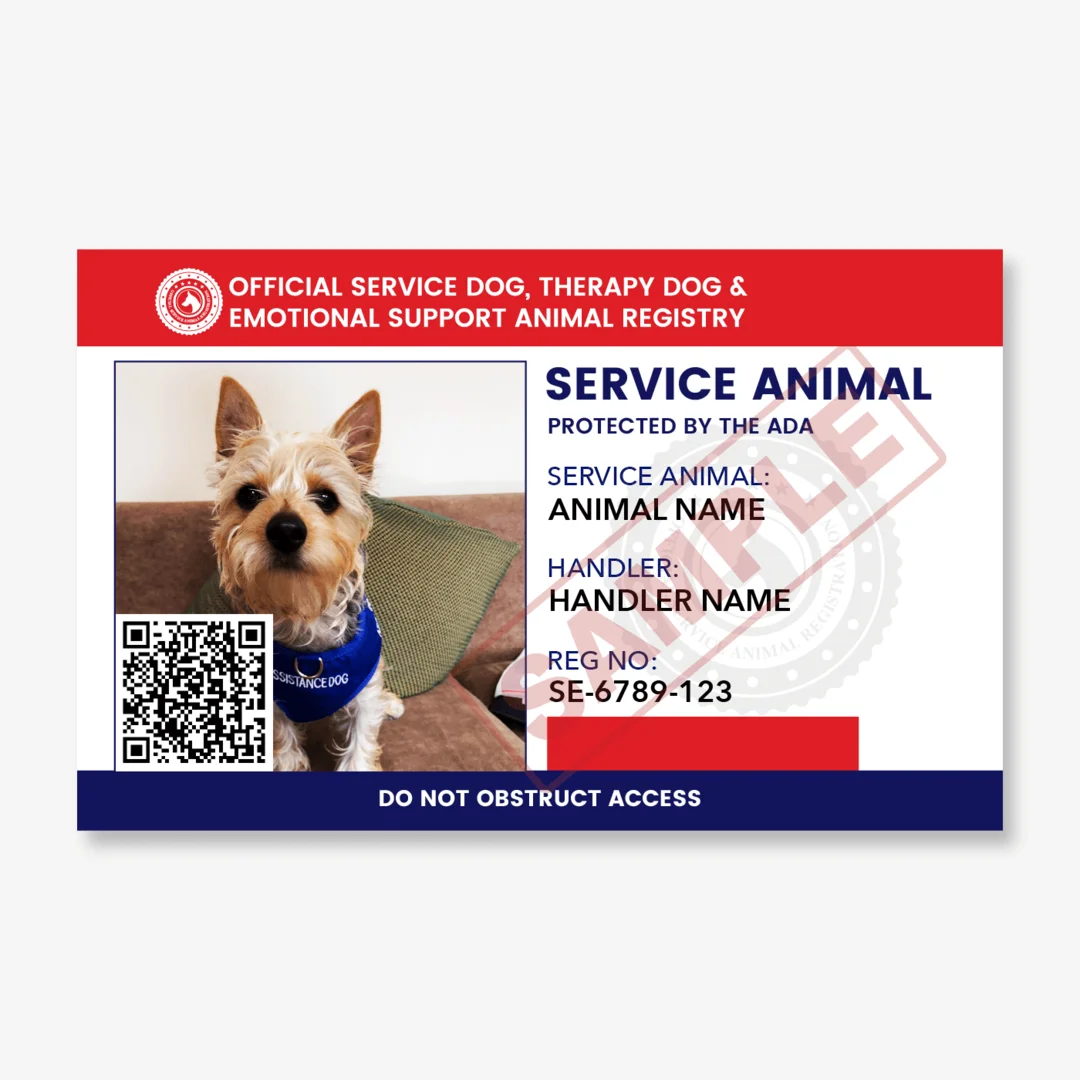
• Nationally Recognized Service Animal Identification protected by the Americans
with Disabilities Act (ADA)
and the Federal & Provincial Human Rights Laws in Canada;
• Full Public Access;
• Recognized by Housing Pet Policies;
• No Breed Limitations.
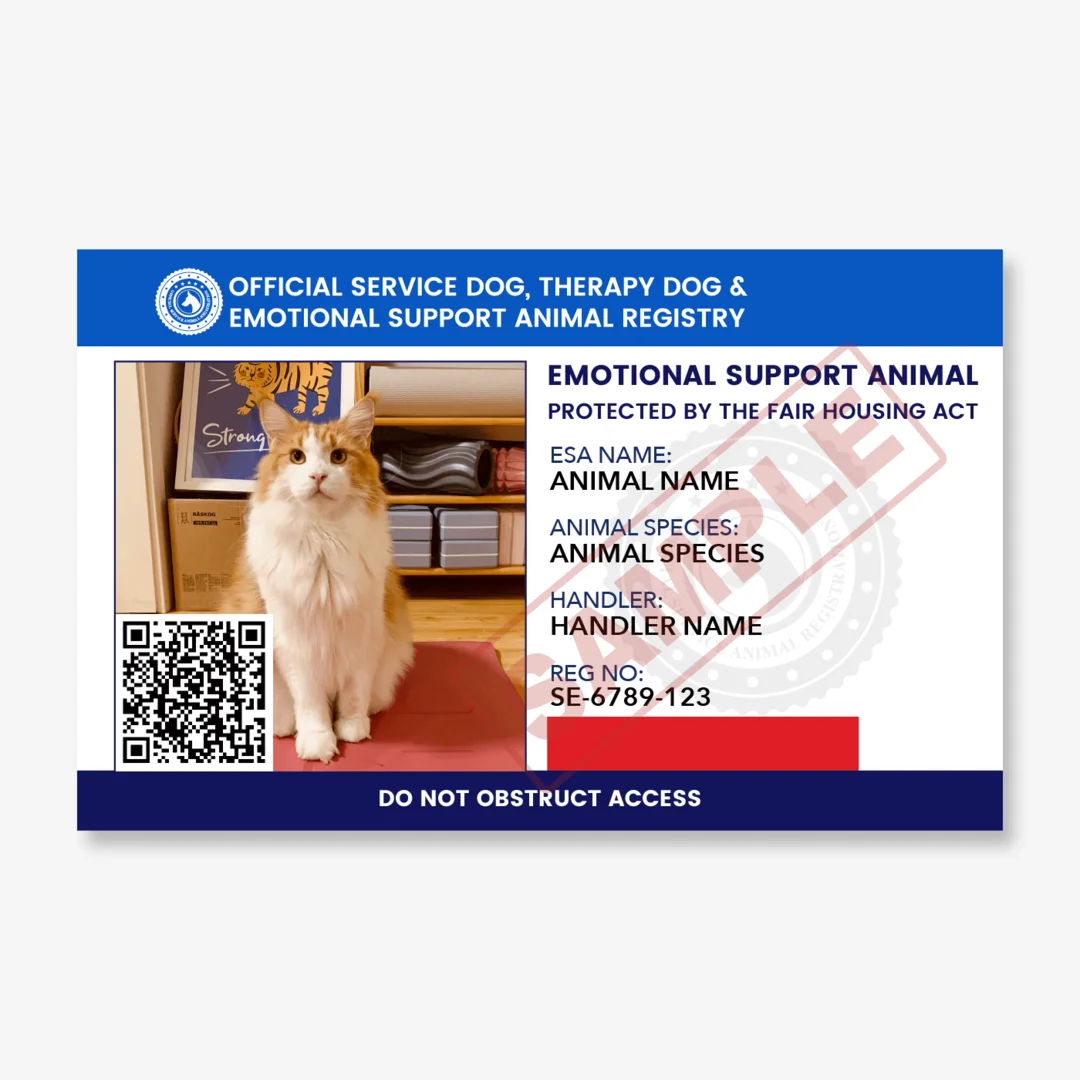
• Nationally Recognized Emotional Support Animal Identification;
• Protected by the Fair Housing Act;
• Standard Pet Companion Access to Public Locations;
• No Breed Limitations.
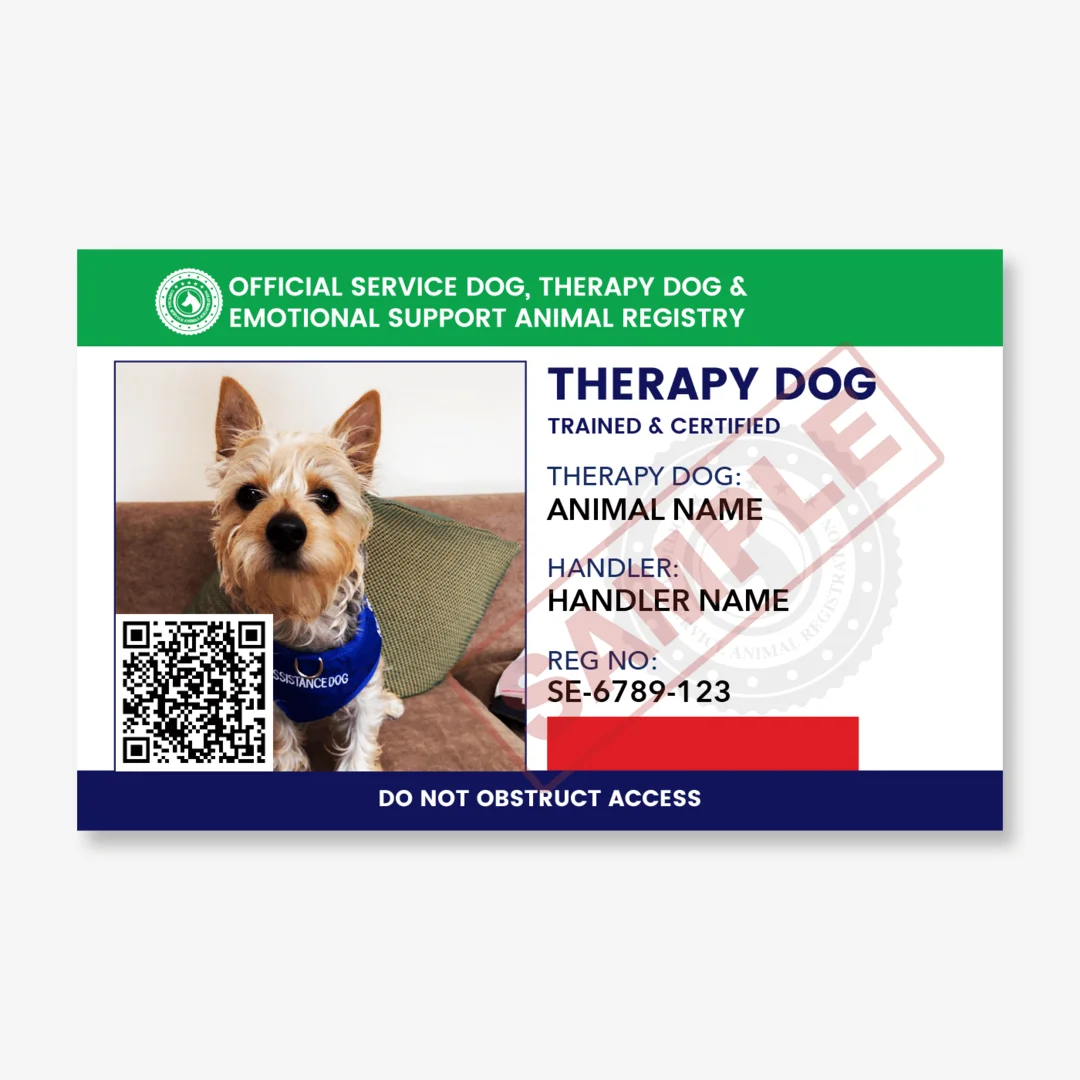
• Nationally Recognized Therapy Dog Identification;
• Recognized by Hospitals, Nursing Homes and Other Designated Facilities;
• Approved by Special Needs Centers;
• Standard Pet Companion Access;
• No Breed Limitations.
Registering your dog with us grants you documentation, tools, and assistance to bypass inconveniences and fully leverage the advantages of your service dog or emotional support animal. We are a global service animal registration platform with an in-house legal support team specialized in service animal registration and certification in the US, Canada, the UK, and parts of the EU. We provide 24/7 lifetime assistance. We offer a 14-day money-back guarantee with immediate digital ID and certification access.
Get your service dog certification and identification card now
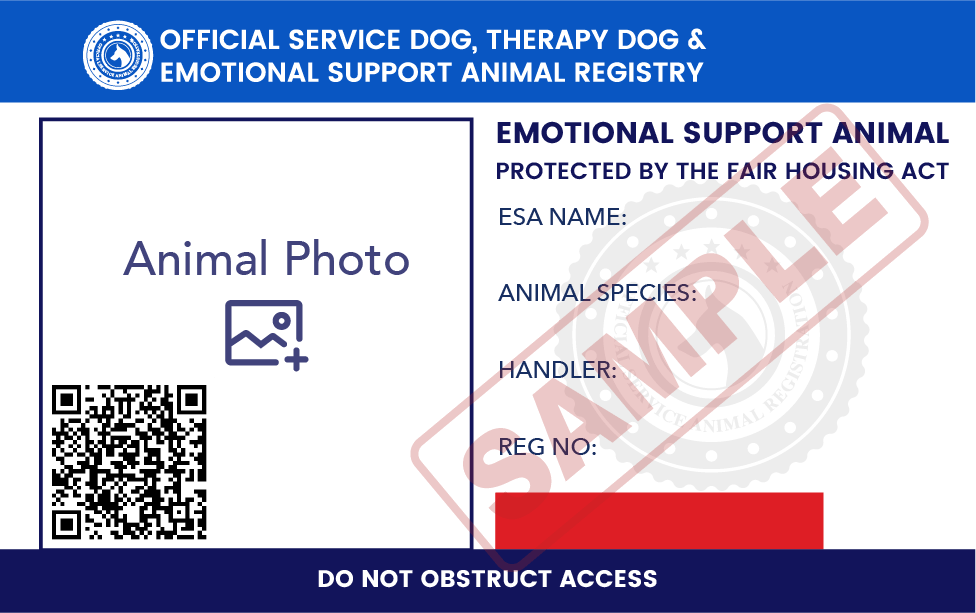
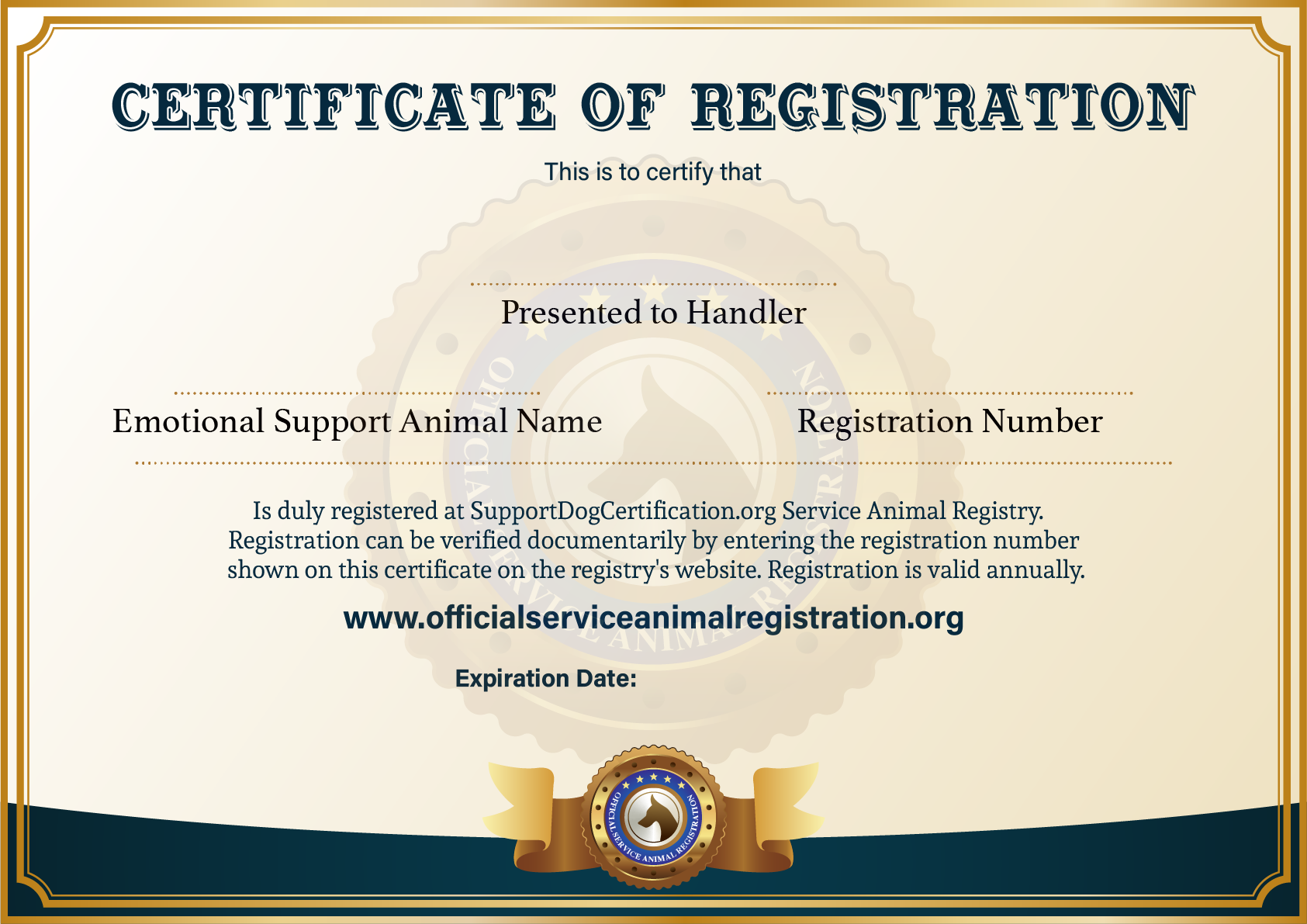
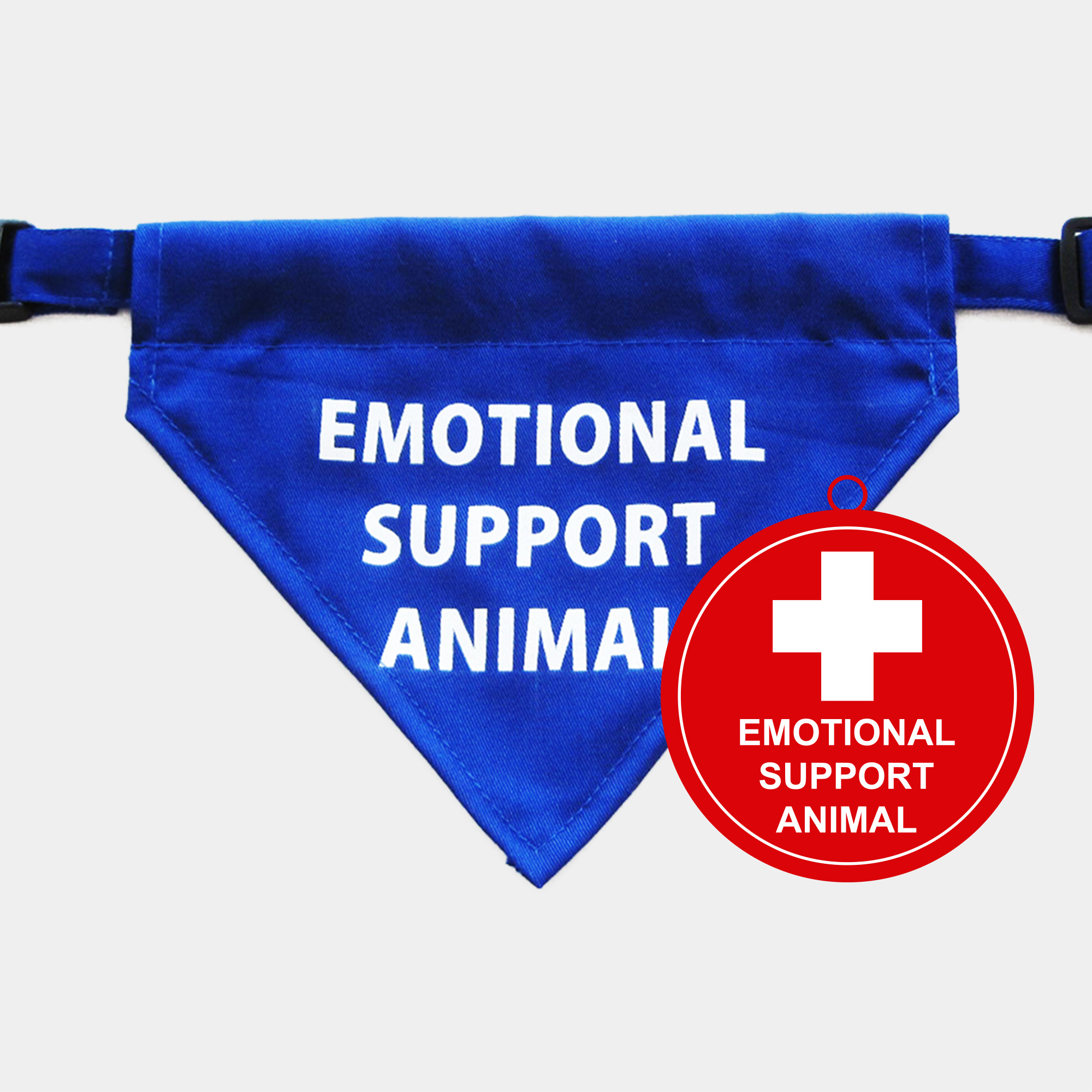
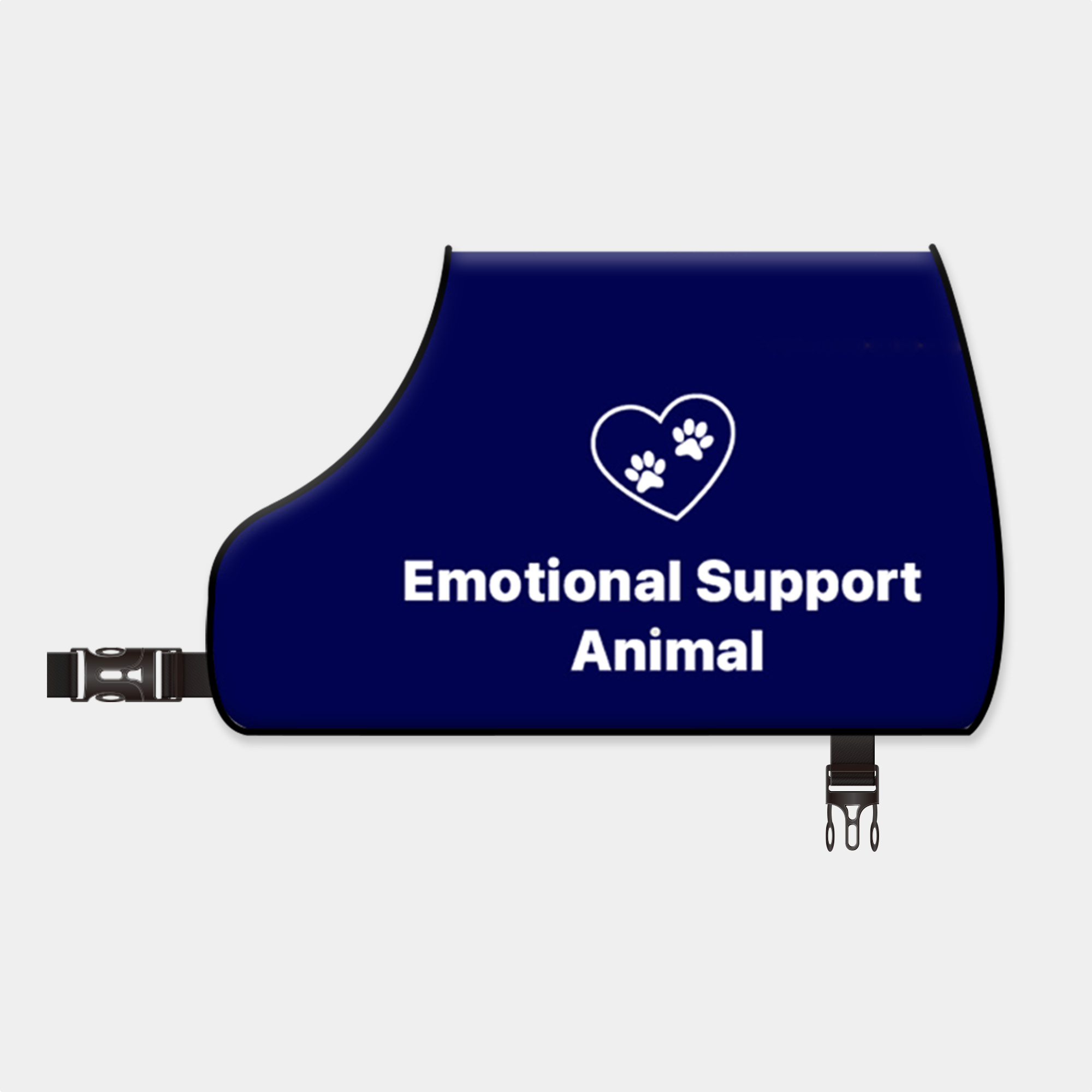

Please provide the Emotional Support Animal's name, the name of the handler, email address and a photo of the Emotional Support Animal (note: the information entered below must be exactly as you want it to appear on the ID card).
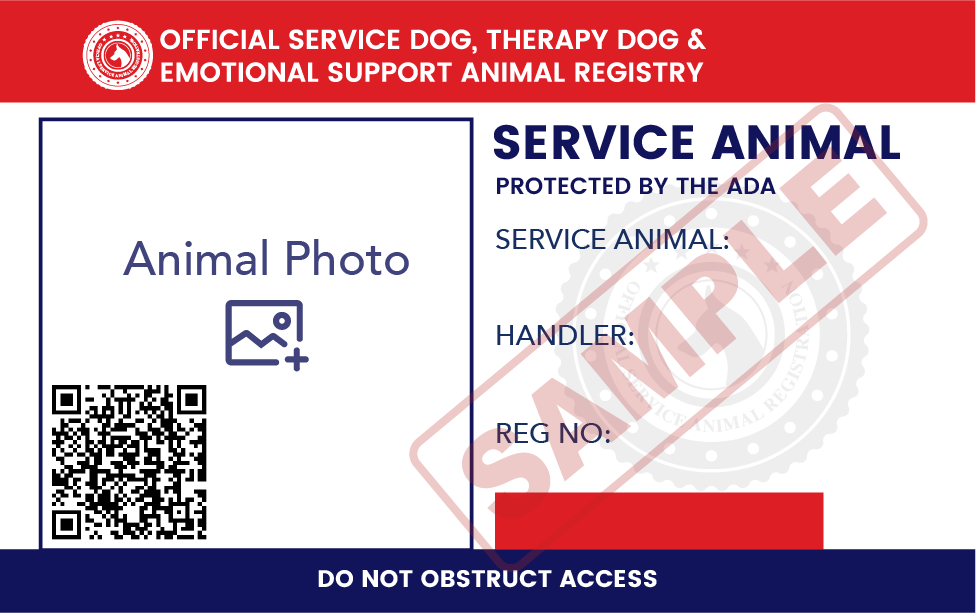
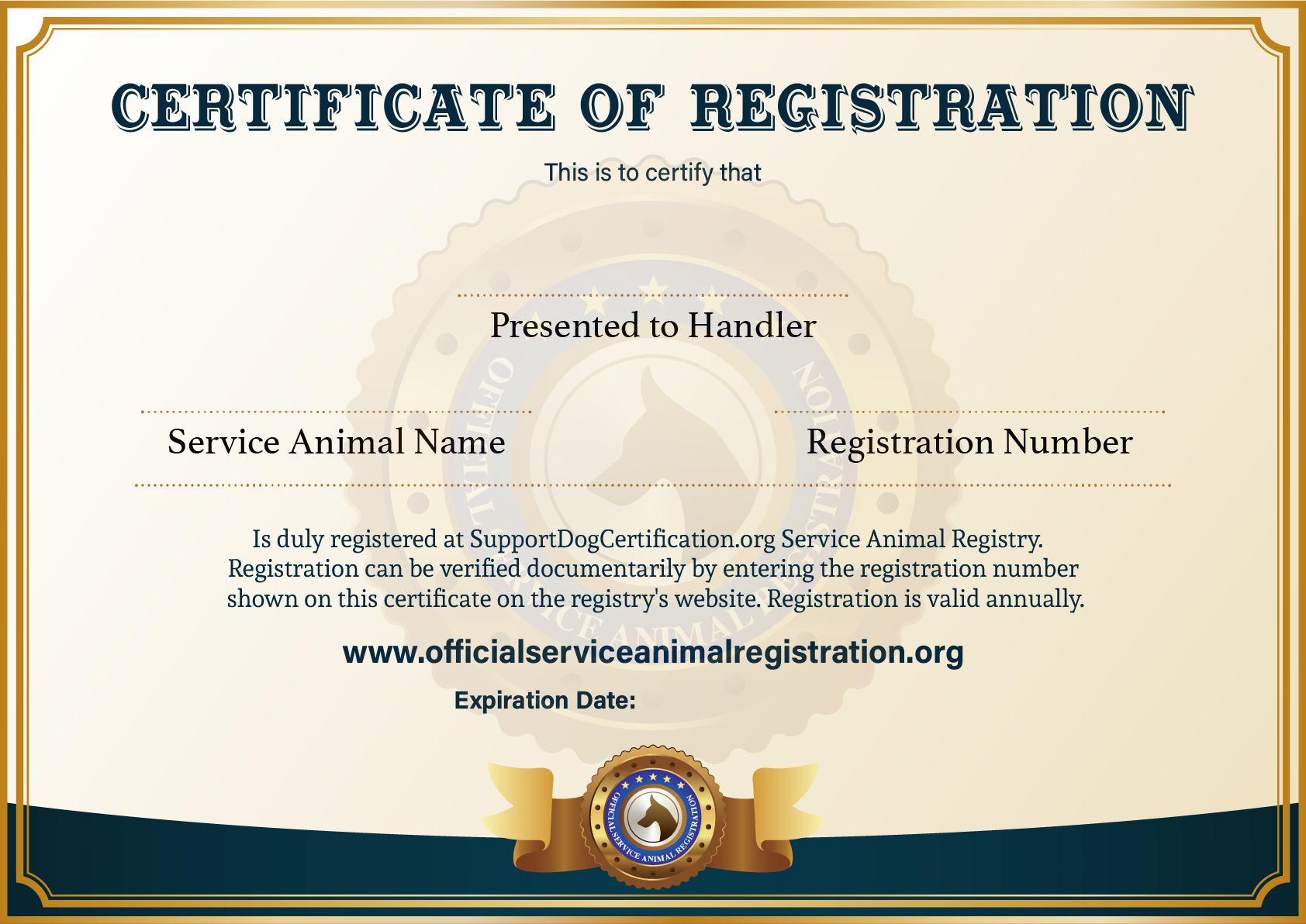
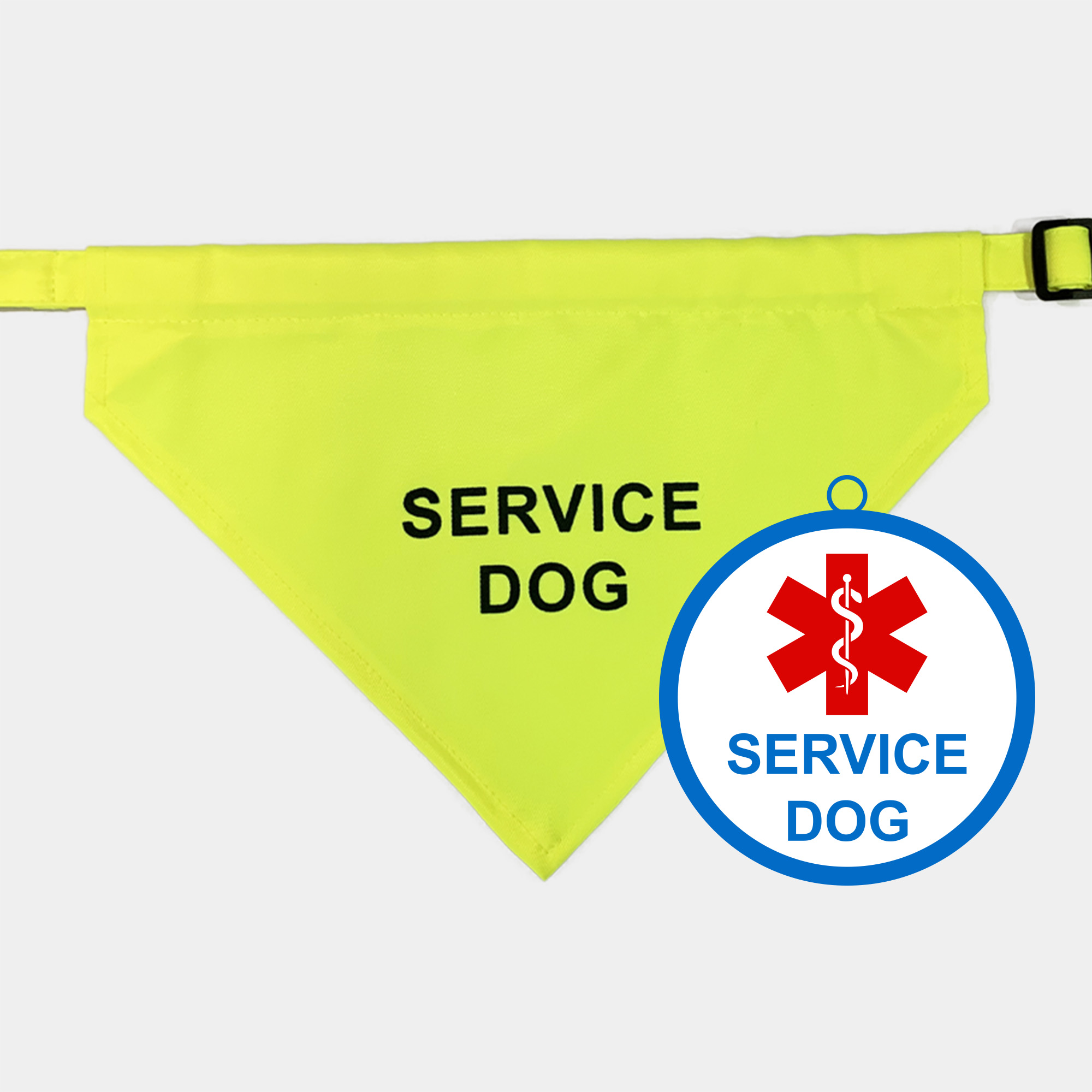

Please provide the service dog's name, the name of the handler, email address and a photo of the service dog (note: the information entered below must be exactly as you want it to appear on the ID card).
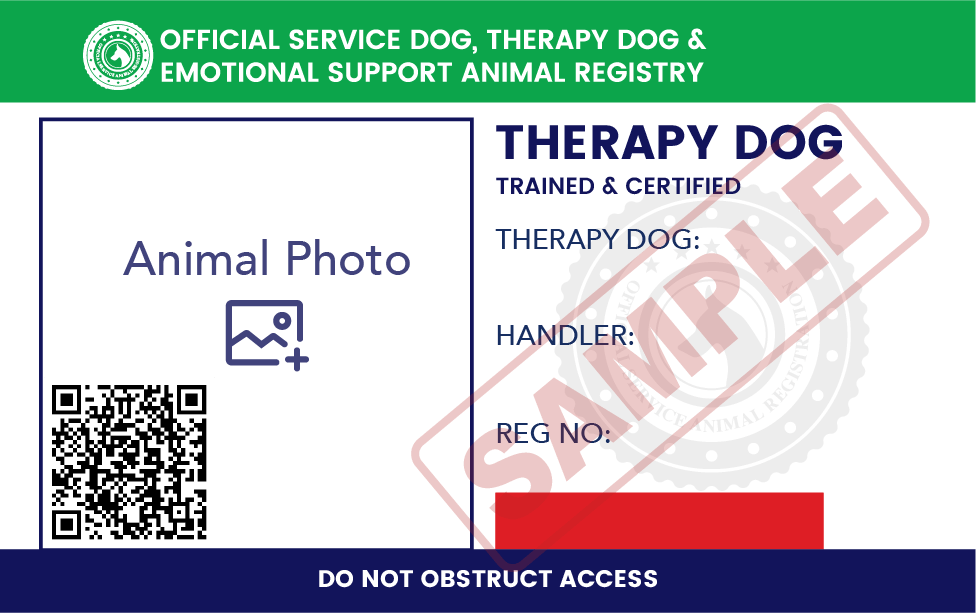
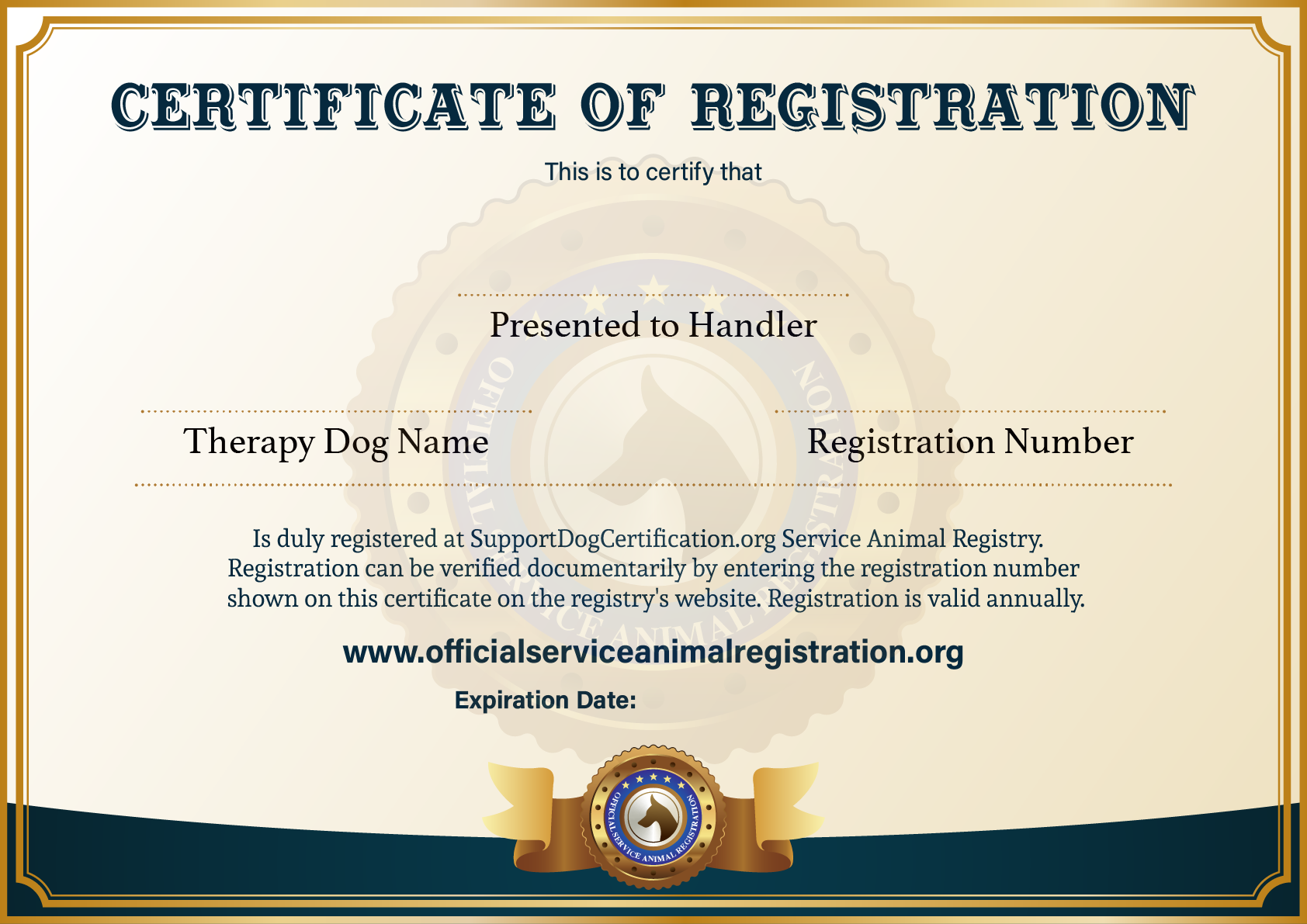
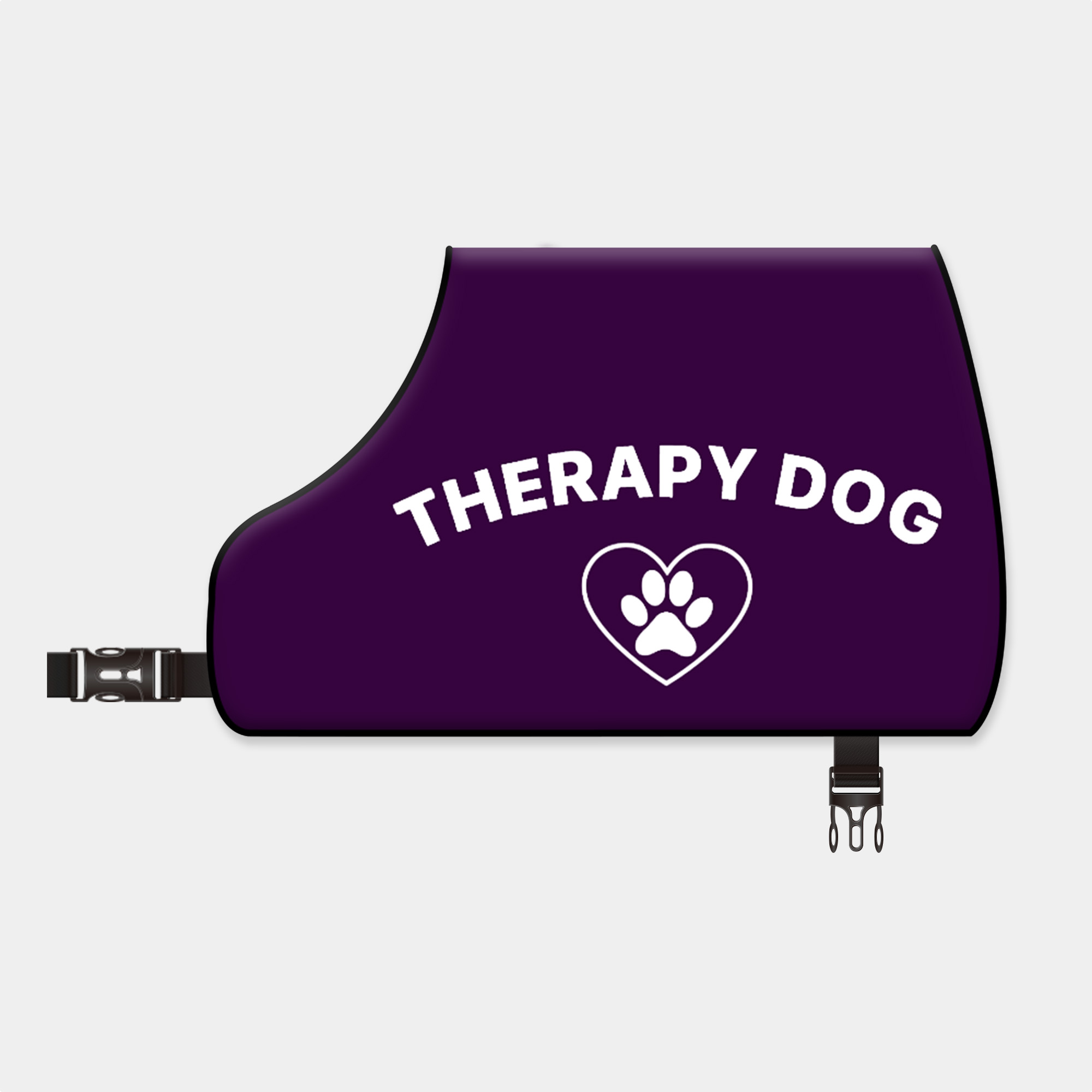

Please provide the Therapy dog's name, the name of the handler, email address and a photo of the therapy dog (note: the information entered below must be exactly as you want it to appear on the ID card).

With a registered service dog ID or documentation, it might be easier to gain access to public areas without being questioned extensively. Although businesses are only allowed to ask limited questions under the ADA, having an ID can make things smoother.

When traveling, especially by air, having an ID or registration papers can help reduce potential hassles or disputes about the legitimacy of your service animal

If you're seeking housing, having documentation can simplify the process of getting accommodations for your service dog, especially if landlords are unfamiliar with the legal requirements.

A registered ID or vest can help the general public recognize that the animal is not just a pet but a working service animal. This can reduce unwanted interactions or distractions.

The presence of a service dog registry, if managed and recognized officially, can potentially reduce instances of people trying to pass off pets as service animals.

Some organizations that register service dogs might have specific training standards. By registering your dog with such an organization, it can serve as proof that your dog has undergone rigorous training.

In case of an emergency where you're incapacitated, an ID or vest can quickly inform first responders that your dog is a service animal and not just a pet, ensuring the dog receives appropriate attention and care.

In situations where the status of your service animal is disputed, having documentation or proof of registration can serve as evidence in any legal matters.
If you have any questions? Email us at support@supportdogcertification.org.
| Registration |
Service Dog
|
Emotional Support Animal
|
Therapy Dog
|
|---|---|---|---|
| Brief Info | A service dog is trained to perform tasks such as guiding, alerting to medical conditions, providing deep pressure therapy, and more, to assist people with physical and/or mental disabilities. | An Emotional Support Animal can be any animal that provides emotional comfort and therapeutic benefits to individuals afflicted with mental disorders, such as depression and PTSD. | A therapy dog is trained to provide psychological or physiological therapy to individuals, helping them recover from physical injury or emotional trauma. |
| Public Access | Service Dogs can accompany their owners to access most public places where ESAs and therapy dogs are not allowed. | ESAs are entitled to housing rights. | Therapy dogs usually work in hospitals, retirement homes, nursing homes, schools, hospices, and disaster areas. |
| Valid Area | All 50 states in the US, the UK, parts of Canada, and the EU. | Recognized in All 50 States. | Recognized by hospitals, nursing homes, and other types of designated facilities. |
| Supported By | Recognized by Airlines for free flying and Housing Pet Policy. | Recognized by Housing Pet Policy. | Recognized by Standard Pet Companion Access. |
| Breeds |
All breeds approved.
|
All breeds approved.
|
All breeds approved.
|
Support Dog Certification does not certify or authorize anyone to use a Service Animal — nor is certification required by law. The privilege to use a Service or Assistance Animal is granted, under the law, by the Americans with Disabilities Act (ADA) and local governments. We do not endorse the fraudulent use of our certifications and registration.